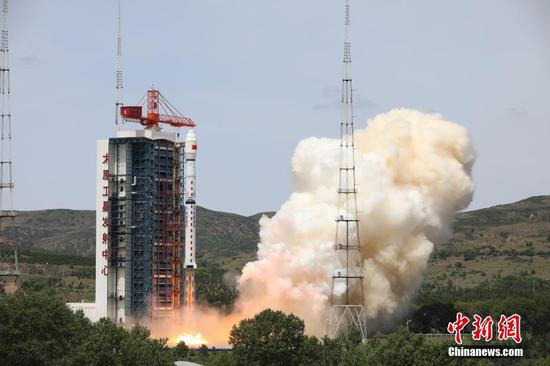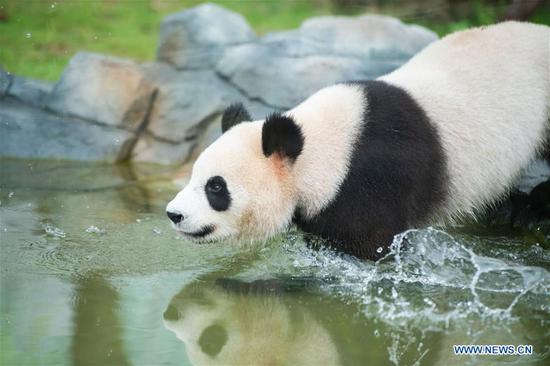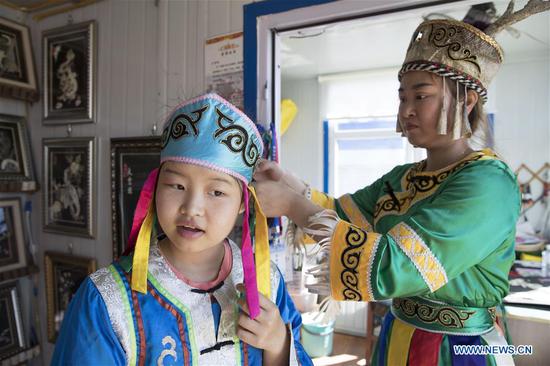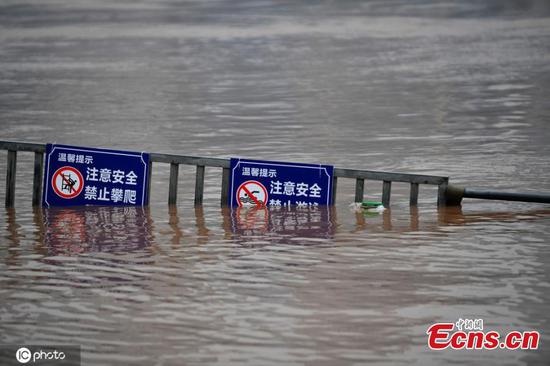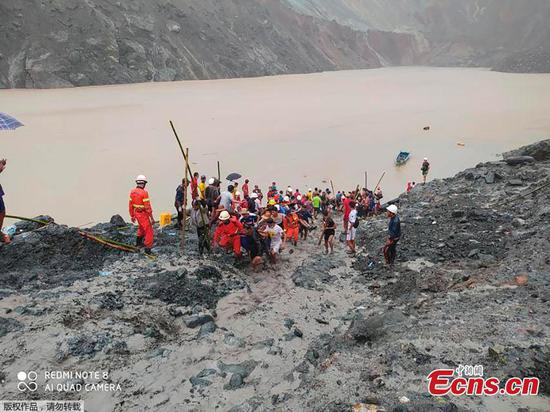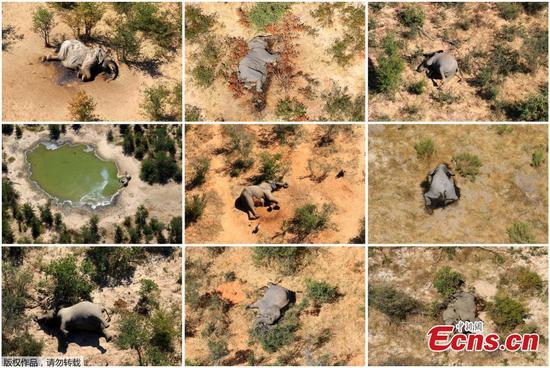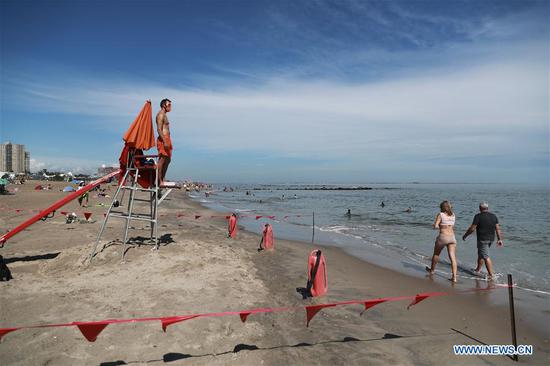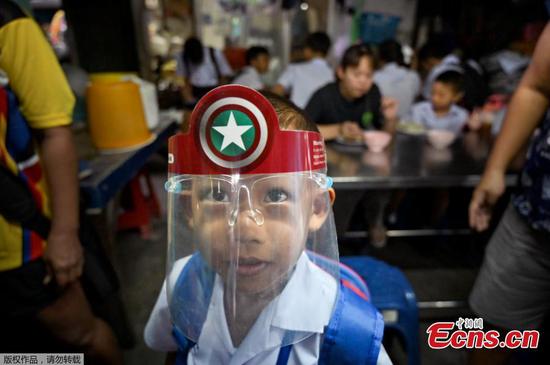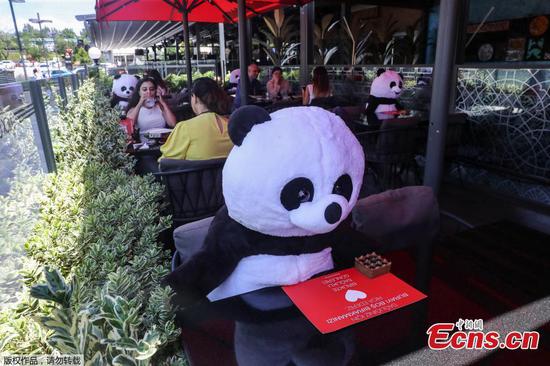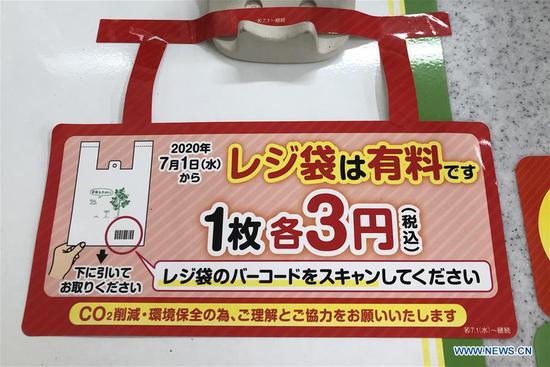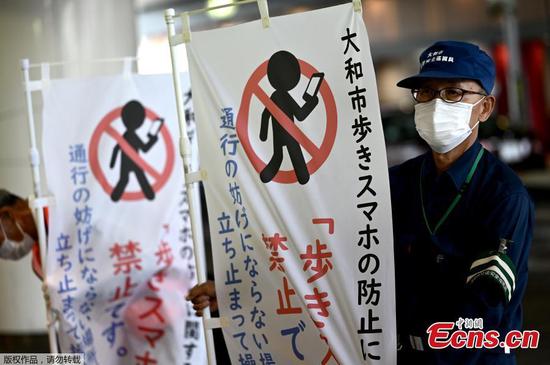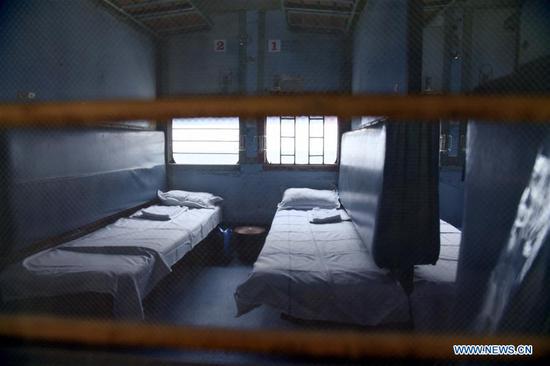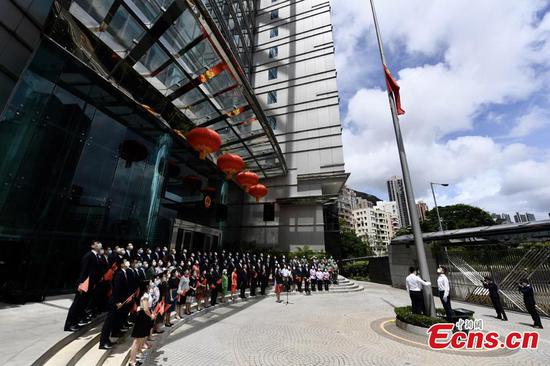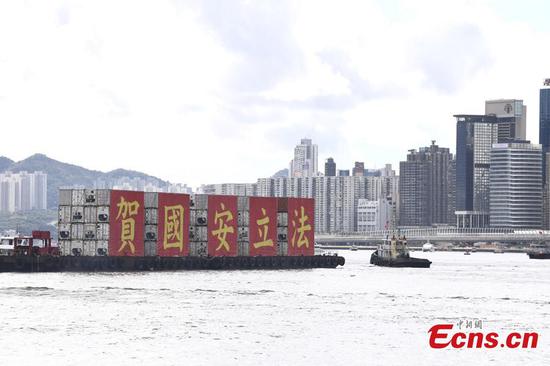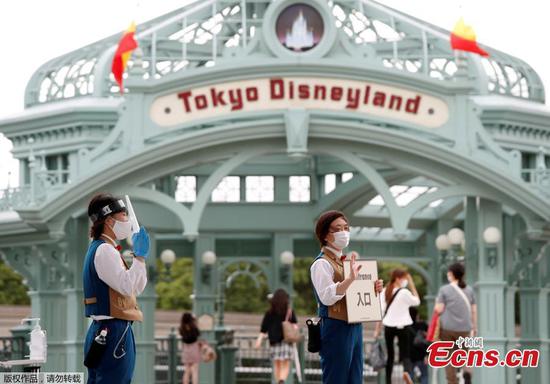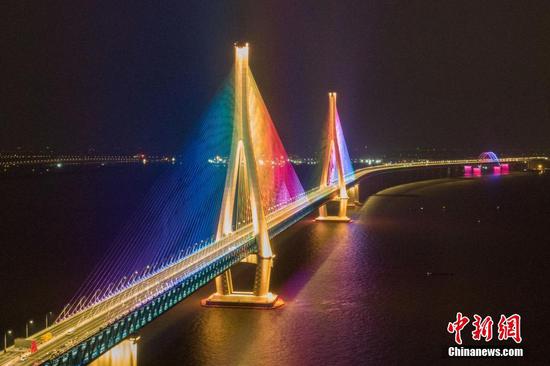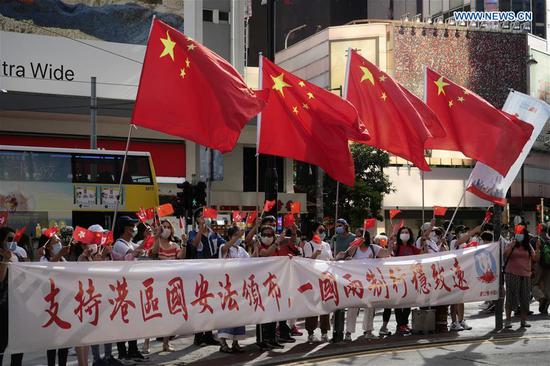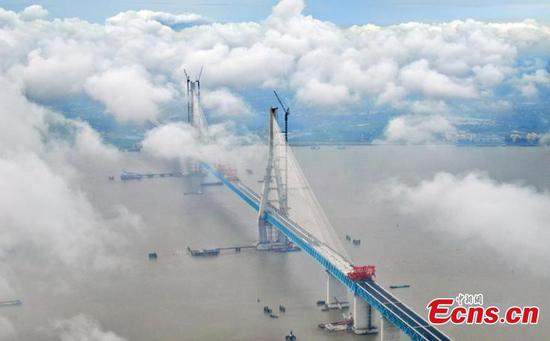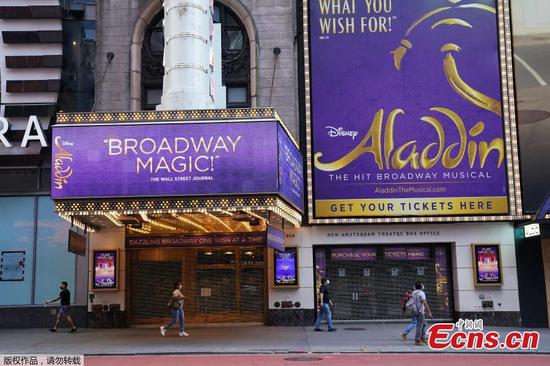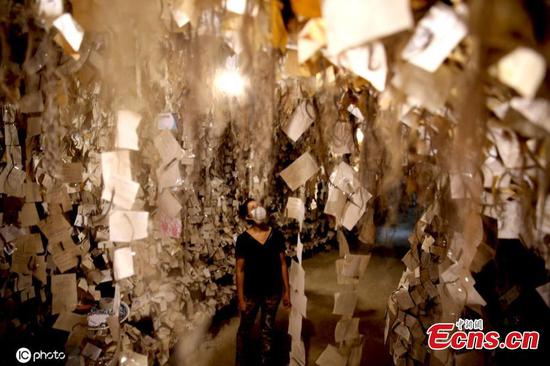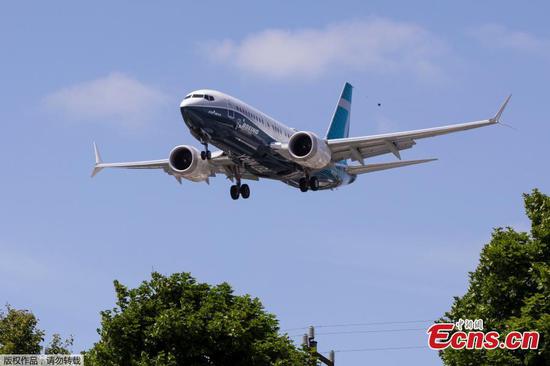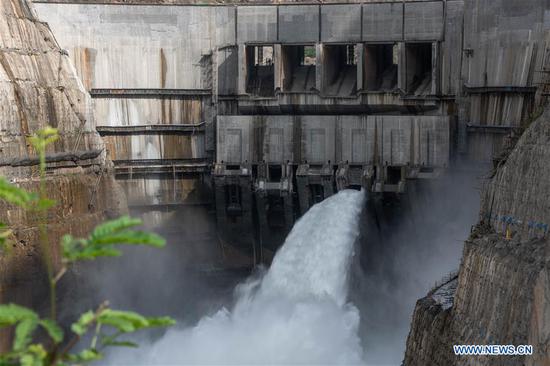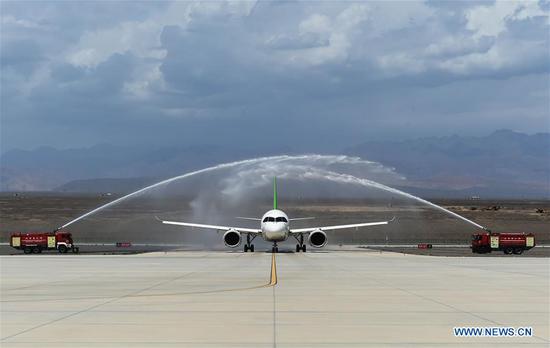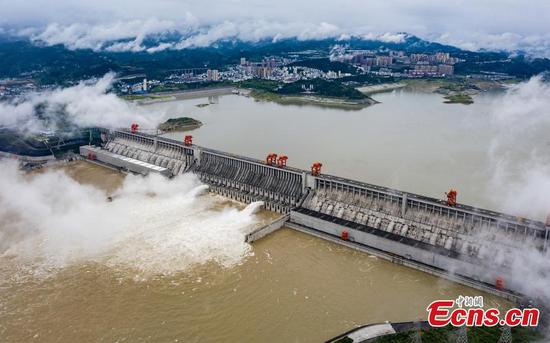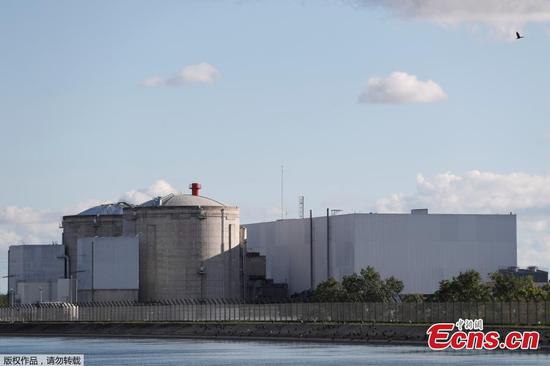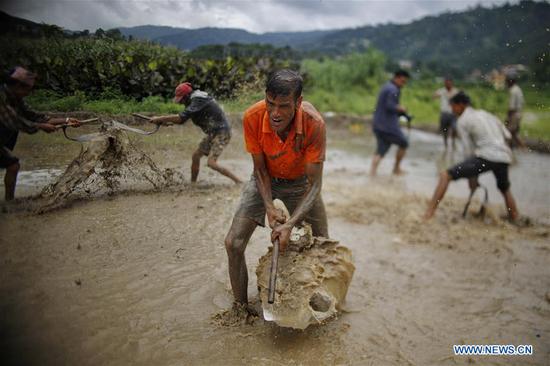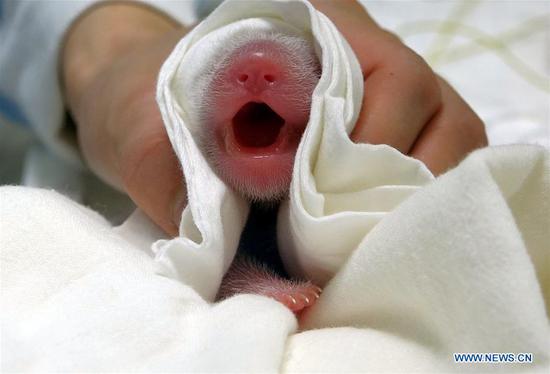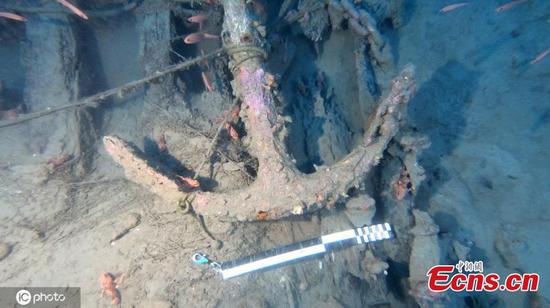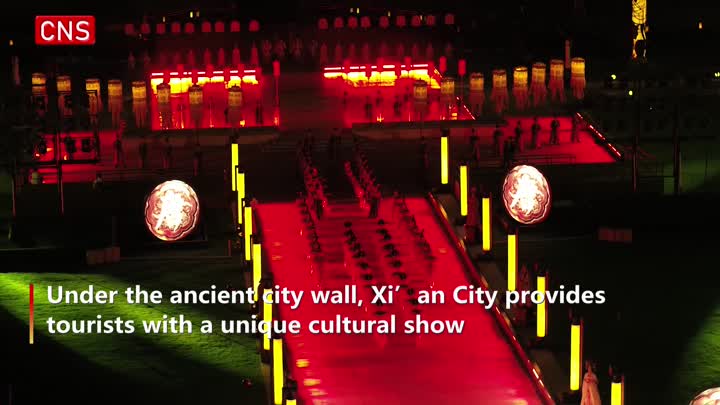Full of ignorance of and bias against China, some people from the US and other Western countries have recently made groundless accusations against and disseminated many fallacies about China's human rights conditions concerning Hong Kong, COVID-19, and Xinjiang.
Even a small discrepancy will lead to a great error. Malicious lies will, still worse, result in huge misconception and misunderstanding.
In this connection, we have compiled What's False and What's True on China-related Human Rights Matters, with the purpose of setting the record straight with facts.
Falsehoods find no market among the fair-minded, as we are confident that people will tell right from wrong!
1. False: The legislation on safeguarding national security in Hong Kong will undermine the human rights and basic freedoms of Hong Kong residents, and violates the International Covenant on Civil and Political Rights.
True:
◆The Law of the People's Republic of China on Safeguarding National Security in the Hong Kong Special Administrative Region clearly stipulates that human rights shall be respected and protected in safeguarding national security in the Hong Kong Special Administrative Region. The rights and freedoms, including the freedoms of speech, of the press, of publication, of association, of assembly, of procession and of demonstration, which the residents of the Region enjoy under the Basic Law of the Hong Kong Special Administrative Region and the provisions of the International Covenant on Civil and Political Rights and the International Covenant on Economic, Social and Cultural Rights as applied to Hong Kong, shall be protected in accordance with the law.
◆The legislation only targets four types of offences, namely, secession, subversion, terrorist activities and collusion with a foreign country or with external elements to endanger national security. It is designed to deter and sanction a small minority in Hong Kong who are involved in offences seriously jeopardizing national security. It aims to protect the great majority of law-abiding Hong Kong residents, and safeguard their safety and lawful rights and freedoms.
◆It is spelt out in the constitutions of over 100 countries that the exercise of basic rights and freedoms shall not endanger national security. The International Covenant on Civil and Political Rights makes it clear that freedoms of religious belief, expression and peaceful assembly, the right to public trial and other rights may be subject to restrictions that are necessary to protect national security, public order and so on. There are similar provisions in the European Convention on Human Rights.
2. False: The legislation on safeguarding national security in Hong Kong may include vaguely defined offences, and be abused by China's national security authorities to oppress the people.
True:
◆The legislation only targets four types of offences that seriously jeopardize national security, much less than the dozens of crimes involving national security listed in countries such as the US and the UK. The legislation sets clear limits on related law enforcement activities. It requires that all law enforcement efforts be conducted in strict accordance with legal provisions and statutory mandates and procedures, without prejudice to the lawful rights and interests of any individual or organization. It also provides that the Office for Safeguarding National Security of the Central People's Government in the Hong Kong Special Administrative Region shall perform its mandate in strict compliance with the law and be subject to supervision in accordance with the law. The staff of the Office shall abide by the laws of the Hong Kong Special Administrative Region as well as national laws.
◆Countries such as the US, the UK, Canada, and Australia have all established rigorous legal frameworks for safeguarding national security, which shows no mercy in combating offences endangering national security.
3. False: The legislation on safeguarding national security in Hong Kong will make it difficult for foreign businesses in Hong Kong to fulfill their responsibility to respect human rights under the Guiding Principles on Business and Human Rights of the UN.
True:
◆The legislation only targets four types of offences, namely, secession, subversion, terrorist activities and collusion with a foreign country or with external elements to endanger national security. Clearly, these offences are not what law-abiding businesses and residents in Hong Kong would ever engage in. Law-abiding trans-national businesses all want to see a Hong Kong back to stability and order. The implementation of this Law will help them better fulfill their responsibility to respect human rights.
4. False: The Hong Kong police have gotten away with the excessive use of force (such as using chemicals against protesters, committing sexual harassment and assault on female protesters at police stations, and harassing medical workers).
True:
◆During the turbulence over the amendment bill, the Hong Kong police dealt with hundreds of violent incidents in accordance with the law and police guidelines for months. Yet the radical protesters kept upgrading their equipment, from stones and iron bars to steel-ball slingshots, knife-attached umbrellas and dangerous chemicals. Even so, the police all along demonstrated the maximum level of calm, rationality, and restraint, and refrained from the first use of force. They only used force correspondingly to stop violent attacks or other illegal acts threatening the life and safety of other people on site, which is totally in line with international practice. They acted in a restrained, civil and highly professional manner even when their own lives and safety were threatened by dangerous weapons and violent and illegal activities. In fact, not a single protester in Hong Kong had died because of the law enforcement activity of the police. Yet over 590 police officers had been injured on duty by the end of May.
◆In sharp contrast to the restrained and professional performance of duty by the Hong Kong police, there are many reports about the US police killing people with violence and guns in the course of law enforcement. The year 2019 alone saw 1,004 such cases. By mid-June, at least 13 people had lost their lives in demonstrations over the death of George Floyd, in addition to hundreds of injuries and over 13.5 thousand arrests. For example, Linda Tirado, a 37-year-old freelance writer and journalist, has been left permanently blind in one eye after being shot with rubber bullets by the police during her coverage of protests in Minneapolis.
5. False: The Chinese government has suppressed the protests and the promotion of democracy in Hong Kong.
True:
◆What has happened since the return of Hong Kong proves that the freedoms of speech, of the press, of publication, of association, of assembly, of procession and of demonstration enjoyed by Hong Kong residents in accordance with the law have been fully protected.
◆Since the turbulence over the amendment bill in June last year, some radical protesters have deliberately stirred up violent incidents. Their actions have gone far beyond the scope of peaceful demonstration and freedom of expression, and turned into extremist, violent and illegal acts. Such violent acts have blatantly violated laws, posed serious threats to the safety of Hong Kong citizens and openly challenged the sovereignty and dignity of the State. The malicious nature of their acts has been laid bare by clear facts and solid evidence.
◆Peaceful and reasonable expression of demand is a basic requirement and an intrinsic part of a culturally advanced society based on the rule of law. Having said that, rights must be exercised within the framework of the rule of law, and no demand should be expressed by illegal means, let alone resorting to violence. The rule of law is the core value of Hong Kong and the cornerstone for its long-term stability and prosperity. Ensuring observance of laws and prosecution of lawbreakers is a manifestation of the spirit of the rule of law. Only by taking zero tolerance toward violence and rioters, can Hong Kong's law and order be protected and the rule of law upheld. Supporting and conniving at violence and rioters represents a flagrant infringement of democracy, freedom and the rule of law.










